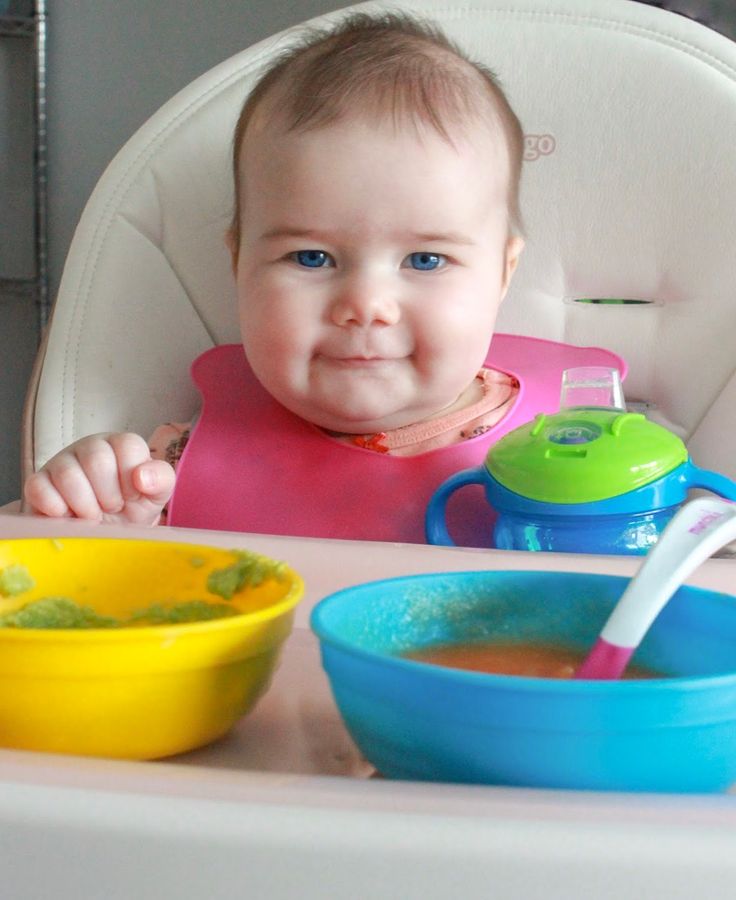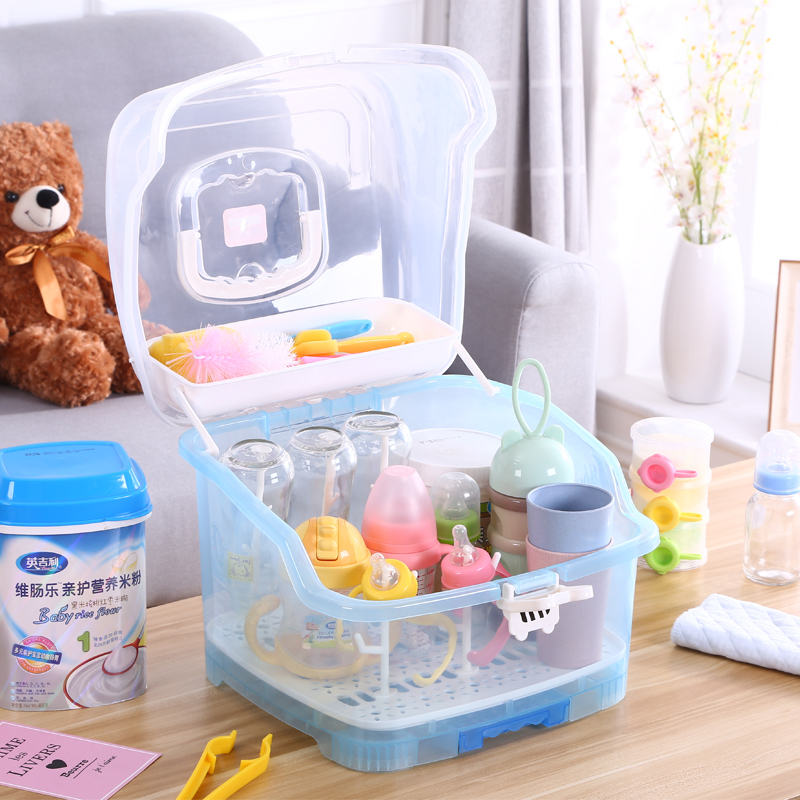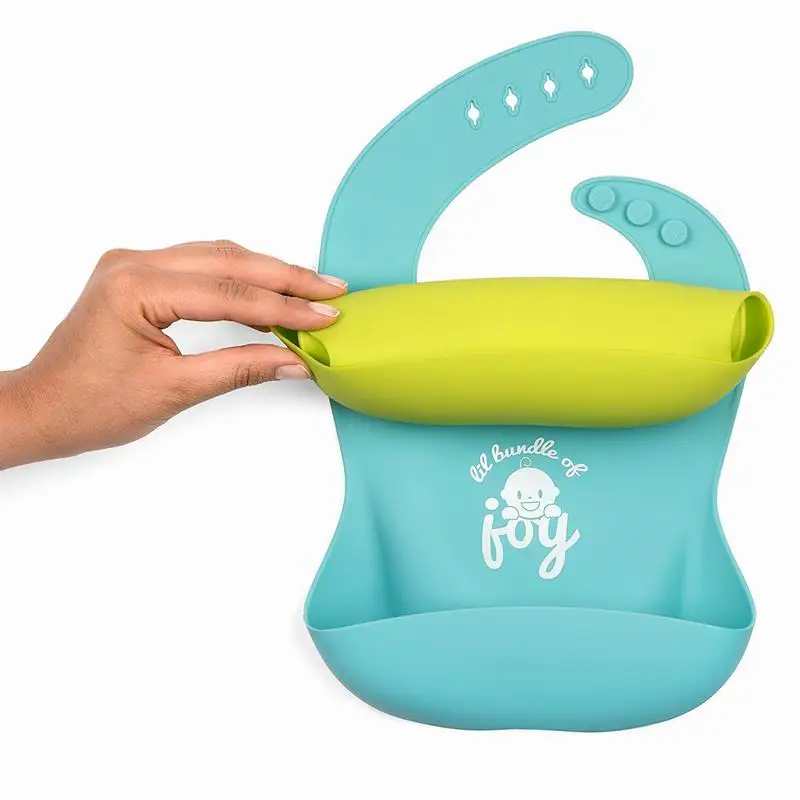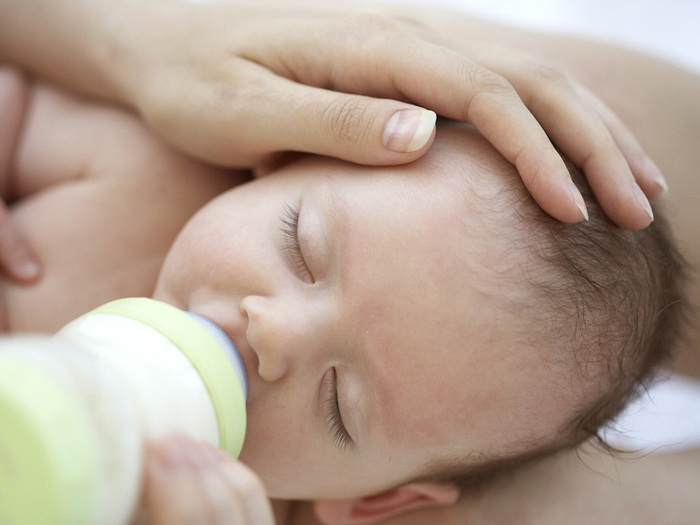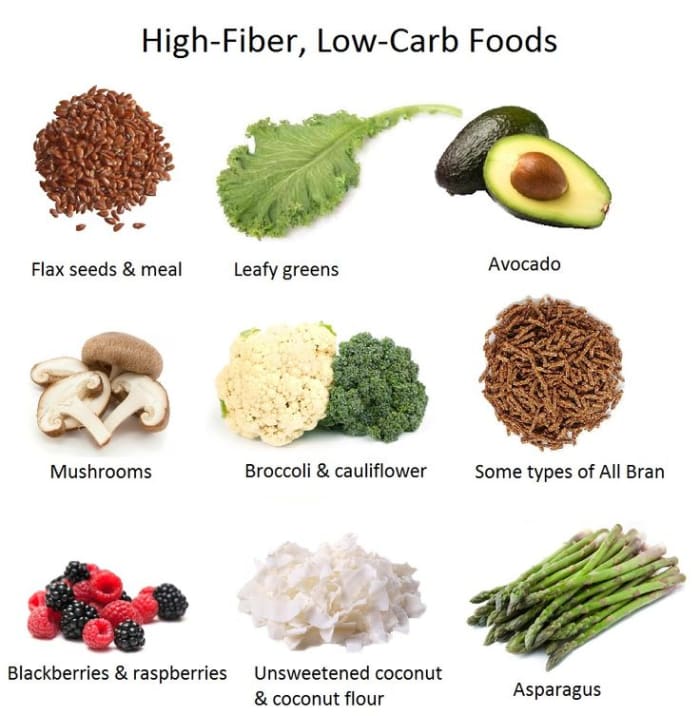Baby asking for feed every hour
What To Do When Baby Is Feeding Every Hour (& Not Sleeping!)
What's in this post...
Is your baby feeding every hour and not napping or sleeping well? Here’s how you can handle when your little one nurses nonstop.
First let me say, mama, that the newborn period can be rough.
You feel like you were a normal human just a few short weeks ago and now, well, you’re a walking milk producer and baby just won’t settle.
You’re exhausted, weary, and ready for your newborn to sleep.
➡️ The good news is this: with a few tweaks you can stop feeding every hour.
Here’s why your baby feeds every hour
If your baby feeds every hour, they are “snacking.”
Snacking means they are drinking enough fore milk (the less nutrient dense milk that lets down first) that they are filled up enough to doze off in mama’s arms.
Or, some babies, will stop feeding after a few minutes and just stare up at you with those Big Newborn Eyes👼.
Either case… baby is snacking instead of taking a full feed.
Read These While You’re At It
How to get your baby to stop feeding every hour
If you want your baby to take full feeds, the first thing you need to do is get them on a proper newborn breastfeeding schedule.
You aren’t going to become a slave to the clock, but you’re going to stop the snacking.
Instead of cluster feeding on purpose, right now, you’re cluster feeding by accident.
How do you do that?By only feeding baby every 2.5 to 3 hours and then, at those feeds, giving baby full feeds.
Newborns will naturally only need to feed every 2.5 to 3 hours if they’re taking full feeds each time.
If your baby has a habit of snacking, they will not be the ones to stop it, you’ll have to.
Newborn Feeding Chart
Use this simple printable chart to track your feeds to make sure baby is fed, your supply is up, and everyone is well.
Here’s how to keep baby awake during breastfeeding
When baby feeds for 5 minutes then nods off, you’ll need to swoop in and keep baby awake.
This will help baby get as much milk in as possible and will help them to take better naps.
- Rub baby’s cheek
- Rub baby’s hands or feet in circular motions
- Unswaddle baby (a must if you want to avoid day night confusion)
- Use a wipe or wet wash cloth to rub on baby during feeds
- Stop feeding and hold baby up, speaking to baby
- Take baby outside or somewhere that’s a change of scenery
- Make noise, get near siblings, talk to baby
- Keep the lights on
Read: Is Sleep Training a Baby Bad or Dangerous? Let’s Talk Facts!
The reason baby doesn’t sleep well when they feed every hour
Your little one will likely not take good daytime naps if they are not taking full feeds.
They aren’t full enough to stay drowsy and asleep as they transition sleep cycles.
When they transition from active to passive sleep (or vice versa) if they aren’t full and are hungry, instead of just continuing the nap, they’ll become fully alert and ready to feed.
And then, because they only took a short nap, when you feed again for 5 to 10 minutes, they’ll be lulled back into a sleep.
➡️ Continuing the cycle of accidental cluster feeding and an overtired baby.
Related Reads:
- The Biggest Baby Sleep Myth That Backfires Every Time (And Makes Over Tired Babies)
- The Ultimate Guide To Baby Sleep Times (Naps & Bedtime)
How to stop the cycle and get on a good routine
The first thing you need to do is to stop baby from snacking every hour.
Encourage full feeds.
If baby is older than 6 weeks and wants to feed after one hour, consider offering a pacifier (we use these stuffed animal ones) instead.
This may help baby get back to sleep for a longer nap, and will mean the next time you feed baby will be hungry enough to eat a full feed.
Do the best you can.
Baby has been in the snacking habit and may resist the change, but eventually you’ll see that you have a far less whiny baby on your hands when they have full tummies and are well rested.
Read: 8 Reasons You’ve Got A Whiny Baby And What To Do About It
Sleep Little Lamb
Create sustainable sleep habits for your little lamb so the whole family can sleep peacefully without the stress, drama, and tears.
Learn More
How to get your newborn to nap better
After you make sure that baby has full feeds, you’ll want to work on the napping…
I encourage you to read my full post on baby sleep here – Foolproof Baby Sleep Tips — Routines, Habits & Strategies.
@amotherfarfromhome Follow for more tips like this one! #newmommas #momstrugglesbelike #tipsformom #mommingit #sahmom #parentcoach #mommingallday #newbornbabytips ♬ Sunroof – Nicky Youre & dazy
Here is how to approach napping with your baby:
- Newborns should only be awake for around 45 to 90 minutes at a time (including feeding!) so your newborn routine and your newborn sleep schedule should have a nap after every single feed.

- Don’t rock baby to sleep in your arms and then try to put him in the crib because when he transitions through the sleep cycles he’ll realize he’s not in your arms… and he’ll wake up early.
Read: The Top 10 Indicators It’s Time to Sleep Train
- Establish a basic routine with your baby. You can follow this newborn routine here or modify it slightly.
- Put your baby to sleep drowsy but awake.
- Establish some wind down routines for your little one prior to nap.
- Focus on cluster feeding in the late evening hours which will help baby top up and sleep better throughout the night.
- Identify any sleep props your baby has (things that prevent him from transitioning and sleeping well on his own) and replace those with sleep associations.
28 Things To Do If Baby Won’t Sleep CHECKLIST
Here’s a handy dandy list of 28 things to try so baby will stop fighting sleep and sleep longer and later.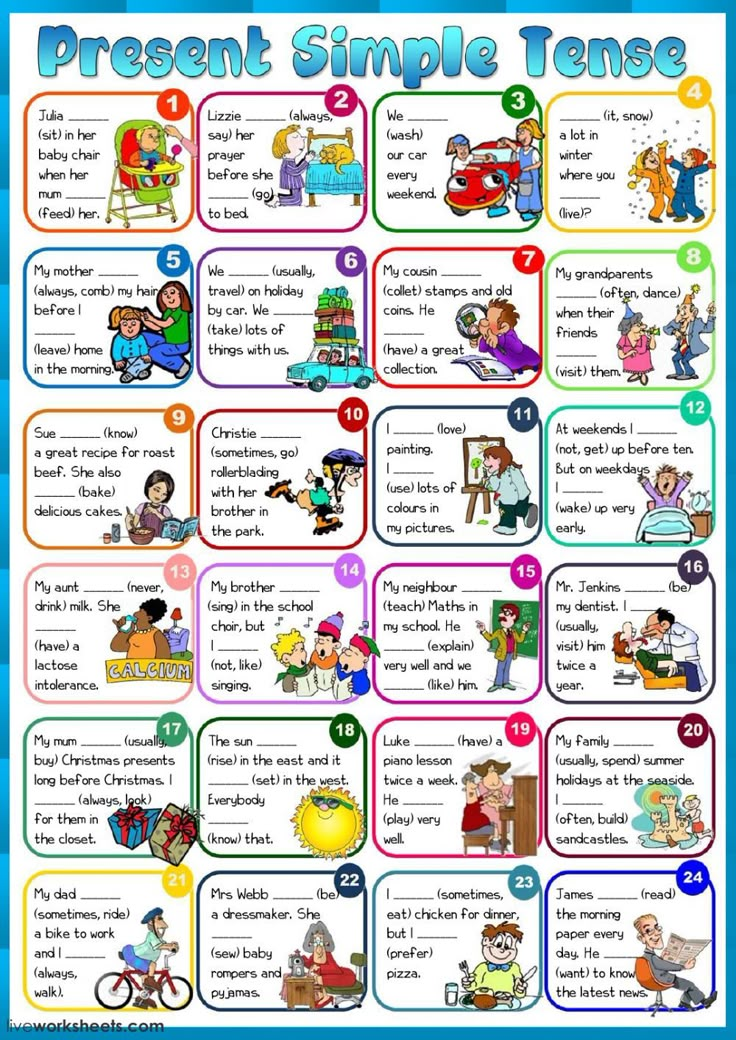
Recap and FAQ… How to get baby to stop feeding every hour and start sleeping
Why does my baby feed every hour?
Short answer… because you let him. Encourage baby to take full feeds and then baby won’t need to feed sooner than 2.5 or 3 hours between feeds throughout the day.
Perhaps even less at night.
Is ten minutes a full feed?
Probably not.
If baby will feed for ten minutes then nap and wake up to feed around 2.5 hours later, it might be.
My daughter fed no longer than 15 minutes per feed, but she could go 3 hours between feeds so, for her, it was a full feed.
Why does my baby want to breastfeed constantly?
If your baby wants to feed constantly, but never feeds that much, then it’s likely an association between feeding and comfort.
You can create other positive associations by cuddling, singing, rocking, baby massage, and other things that will help you to feel bonded to baby (so you can enjoy baby now!) but not be open for milk business all day.
Is feeding every hour cluster feeding?
Yes and no.
Cluster feeding is generally something a breastfeeding mother does on purpose in the late afternoon early evening period (feeding every 2 hours, say) to help give baby all the nutrients he needs so he will sleep later and longer.
Feeding every hour is more like an accidental cluster feeding and if baby isn’t having full feeds then it’s more like Comfort Nursing, not cluster feeding.
About those growth spurts…
Do babies feed every hour when they are going through a growth spurt?
If your baby is going through a growth spurt they will want to feed more often.
This helps your milk supply increase. It’s how you can know if baby is getting enough milk.
If baby is feeding every hour two and taking these feeds seriously – full feeds – then it’s likely a growth spurt or milk supply issue.
Or if baby is trying to feed every hour or two and only feeding for five minutes here or there, it’s not likely a growth spurt.
Why does my baby nurse for 5 minutes and then cry?
This could be a number of things.
Baby could have reflux or you could have hyper-lactation.
Baby could have uncomfortable gas.
Or baby could have a food sensitivity to something you’ve eaten. If this persists past a few days, I’d go in to the doctor and rule out the above causes.
Newborn Feeding Chart
Use this simple printable chart to track your feeds to make sure baby is fed, your supply is up, and everyone is well.
Milk supply?
Why does my baby always seem hungry and never satisfied?
This could be your milk supply. Here’s how to know if baby is getting enough milk.
Could be that baby is going through a growth spurt which means baby is more hungry.
Baby might be teething and eating is not comfortable so he’s not feeding well and in pain. Try pain management for babies who are going through teething.
Why is my newborn feeding for hours on end?
Short answer: they don’t.
They may stay at the breast for a long time, but that doesn’t mean they are actively feeding.
If your baby will take a pacifier you’ll see that they will also suck at the pacifier while sleeping.
Encourage your baby to be awake for feeds and then, after 30 to 45 minutes, take baby off the breast and let them take a nap in their own crib.
Sources:
- The importance of schedules and routines
- Routines minimize chaos which promotes resilience and regulation
- Routines indicators of predictable family life contributing to childhood development
::
A Surprising Cause (And How To Help Baby Sleep)
What's in this post...
Did you know there’s something else that could be causing reflux type symptoms that ISN’T reflux? Reflux babies have trouble sleeping, but these tips help.
Babies with reflux have a hard time sleeping.
The End.
Okay, it’s not that hopeless. But it is hard.
Baby is uncomfortable and baby doesn’t find it easy to go to sleep if they are uncomfortable. Reflux causes pain in baby’s tummy, throat, and mouth and then can be woken up from sleep easier.
Gas often accompanies reflux and it can seem like a negative cycle.
Baby is uncomfortable. ➡️ Baby won’t sleep. ➡️ Baby is tired so doesn’t feed well. ➡️ Baby is hungry, overtired, and not resting or feeding well. ➡️ Baby is uncomfortable.
Our Story With Sleep And Baby Reflux…. Or Was It?
I’ll not soon forget the first round of baby vomiting.
My second born son would feed, feed, feed, then he’d throw up, have gas, and have trouble sleeping. I knew it takes some time for baby to “figure out how to feed.” So, I let the symptoms slide for a few weeks before mentioning them to my midwife.
Maybe I was doing something wrong, I thought.
Turns out, I
was and I wasn’t.The doctor saw my son had reflux symptoms and prescribed some medicine for us. We lived near Sydney at the time and were planning a trip to the States, so I dutifully had it filled as part of our trip preparation.
I was a new mom and didn’t do enough research. Plus, I was frazzled traveling overseas with two babies 1 year and younger. I forgot to get the flight attendants to refrigerate the medicine.
By the time we landed, the medicine had turned a brownish color that signified it would no longer work.
I needed a new plan
My baby was around 2 months old and I’d had reflux medicine for about three days now it was gone. I was desperate to figure out the root cause of this, not just treat his symptoms. I started watching for what was happening while I was feeding.
It was going to be a few days until I could get him into a doctor here anyway.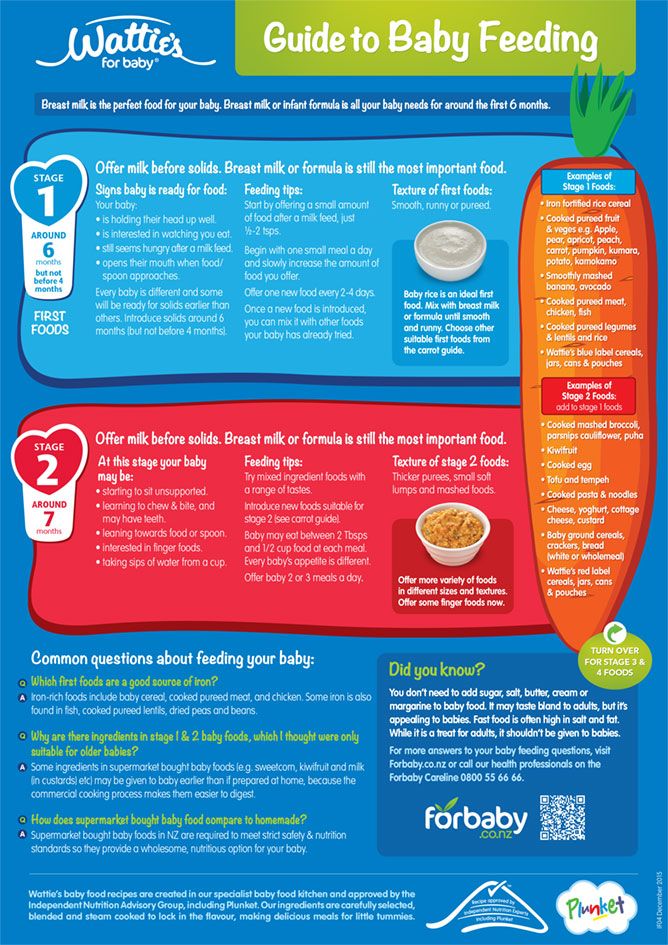
Then, I noticed something interesting happening while I was feeding.
Baby seemed to be choking on the milk.
In fact, the milk was coming out so fast that he barely had time to swallow before it went down his throat, into his tummy, and out into his diaper.
The midwife had actually told me that a lot of the milk was undigested in his diaper because it was in and out so fast.
Why?Hyper-lactation.
One possible cause (certainly not all, consult your doctor and follow their recommendations) of reflux like symptoms is hyper-lactation. I found this term after tons of Googling, #thankyouverymuchGoogle.
Psst… you can track things like this using our daily baby logs.
Hyper-lactation essentially means mothers make more milk than strictly necessary for their baby. It often causes a very fast and aggressive letdown where milk comes out without much work on the baby’s part and it can often be painful for the mother.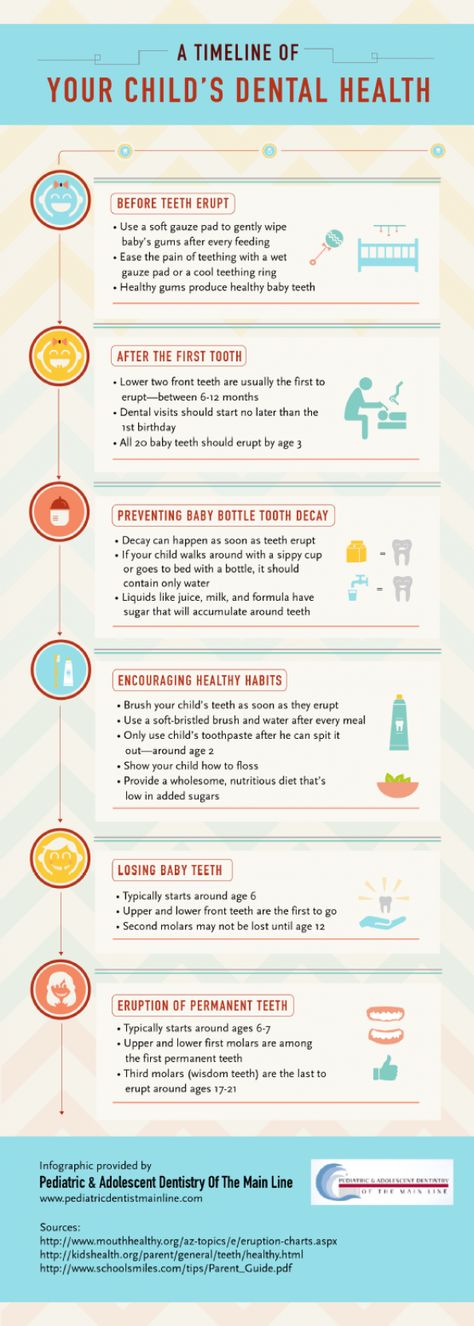
There can be a lot of engorgement and a foremilk / hindmilk imbalance that results in fussiness, gas, and reflux like symptoms in infants.
Once I was able to realize that hyper-lactation was the cause of the reflux like symptoms, I could do a few things during feeding that would help ease his symptoms.
Read: 12 Medical Reasons Why Your Baby’s Not Sleeping (With Symptoms of Each)
Baby is uncomfortable and baby doesn’t find it easy to go to sleep if they are uncomfortable. Reflux causes pain in baby’s tummy, throat, and mouth and then can be woken up from sleep easier.
Baby is uncomfortable and baby doesn’t find it easy to go to sleep if they are uncomfortable. Reflux causes pain in baby’s tummy, throat, and mouth and then can be woken up from sleep easier.
Read: The Top 10 Indicators It’s Time to Sleep Train
28 Things To Do If Baby Won’t Sleep CHECKLIST
Here’s a handy dandy list of 28 things to try so baby will stop fighting sleep and sleep longer and later.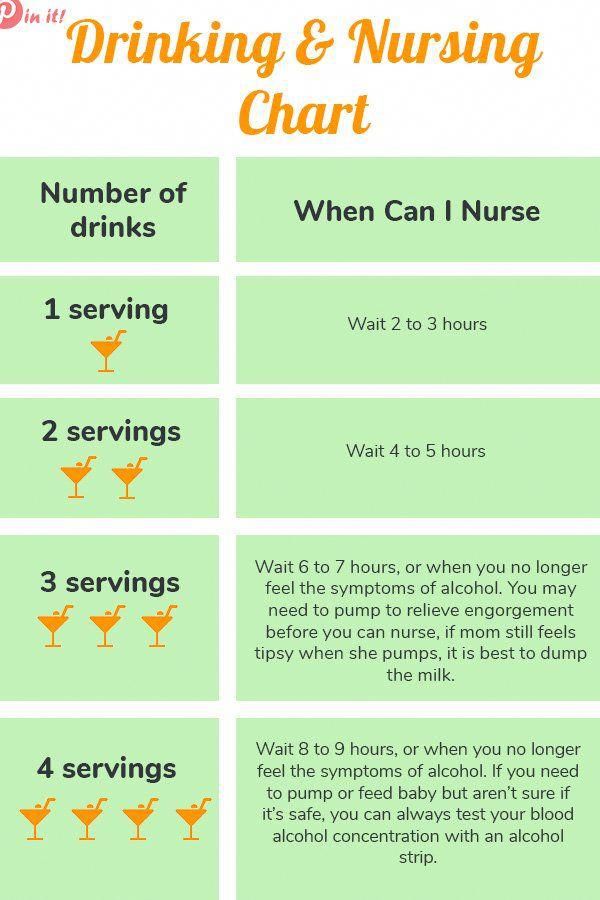
Tips For Feeding If You Suspect You’re Experiencing Hyper-Lactation
- When you are feeding and let down occurs, take the baby off for a bit and express (into a pump or nursing pad, etc.) and then put baby back on. This will “lessen the pressure.”
- Change position while feeding. Lie down or lay back and have baby on your chest so baby has to “work harder” to get the milk and gravity isn’t helping the milk come out at a faster than necessary rate.
- Nurse from one side at a time. If both sides have an aggressive letdown and you give baby both then they’re twice as likely to experience reflux symptoms. Instead, feed from one side fully for a long time. They’ll still get all the hindmilk rich in nutrients and have less foremilk.
- Wait until 3 months or so to do something drastic. After this time, witching hours should also be a thing of the past which will help you tease out the issue.
I had hyper-lactation with 3 of my babies and by 3 months or so all had evened out.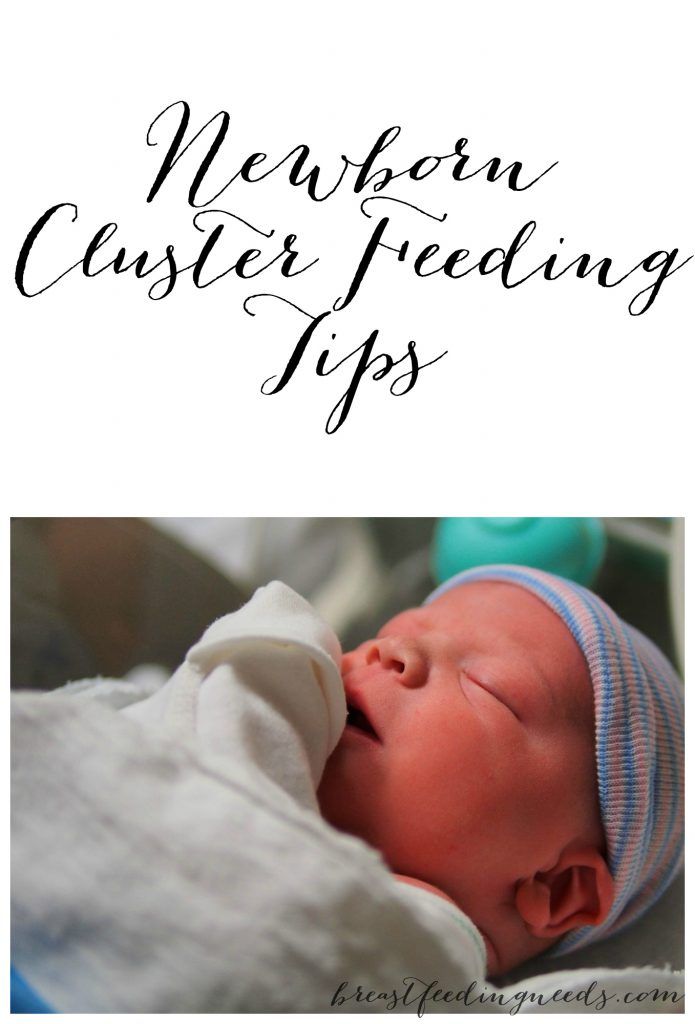
Read: Is Sleep Training a Baby Bad or Dangerous? Let’s Talk Facts!
But wait… how do you help babies with reflux sleep?
So with at least 3 babies who had reflux like symptoms, I learned a few things. The best you can do is to make super baby is well fed, help minimize their pain or discomfort, and create the right conditions for sleep.
But you can’t make baby sleep.
Truthfully, all my babies slept well because it was something I focused on.
When you focus on something you see results.
But it wasn’t without some struggle and – it goes without saying – comforting baby is always paramount.
Sometimes when baby is in pain it is the comfort of mom that will help him sleep. So I kept that in mind when I wanted them to sleep, but they wanted to be held or sat upright.
Read: Cocooning a Newborn & 7 Reasons Why it Can Be Good For The Family
Put The Crib At An Incline
Whether baby is sleeping in a crib or in a bassinet or wherever else, put the mattress at a safe incline that will help prevent some of the reflux from coming up.
Same reason why older folks will sleep sitting up in a recliner (or why you did it while pregnant!) because gravity keeps the stomach acids down.
As long as the incline is not too steep that baby will tend to slide down it, then this will help position baby on his back with a better chance of getting to sleep comfortably.
We also have used towels or blankets under the mattress to achieve the same effect.
Baby Sleep Cards & Checklists
These lovely cards and checklists will help you create and keep healthy wind down and sleep routines for your little ones.
Learn More
Burp, Burp, Burp If Baby Has Reflux
I don’t know about you, but burping ain’t as easy as you think it will be. It doesn’t always result in a burp.
When I was in the throes of hyper-lactation I always made sure to burp for as long as it reasonably took until I felt sure baby wouldn’t have gas.
I knew if I’d missed one because at the 45 minute mark baby would wake up from a nap crying in pain. I’d often go to the crib and lift the baby and – as I did so – the baby would burp.
If baby goes to sleep and wakes after 45 minutes crying, there are usually two culprits.
- Baby has trouble transitioning through sleep cycles from passive to active (or vice versa) sleep. If baby has reflux it could be that while trying to transition they felt pain, gas or otherwise, and woke up.
- Baby has gas and wakes up crying. This type of cry is usually more one of pain or distress than the cry from #1 and you’ll know this was the case if you pick baby up and he or she burps quickly.
How to avoid this? More frequent burping throughout the feeding then really working to burp baby well before putting them down to rest.
Hold Baby Upright Before Naps
Another thing you can do is after feeding, burping, changing diapers, and before you put baby down to rest…. hold baby upright.
hold baby upright.
This may be upright on your chest, in an infant seat, on your lap or however else, but the key is to have the baby upright so that the discomfort from reflux type symptoms are minimized. According to Healthline…
“A horizontal position makes it easier for the stomach contents to reflux into the esophagus. The undeveloped digestive system is the reason why all babies are prone to experience acid reflux symptoms. “
The longer you keep baby in the horizontal position the better to minimize reflux discomfort for your little one.
Read: How to Stop Contact Naps (Peacefully)- and What to Do Instead
Ultimately, reflux is something that passes in most babies (though not all) around the time they begin sitting up for this very reason, so if you can hold baby upright pre-feeding then it will make a big difference.
Get Medicine If Necessary
Of course, if your baby is exhibiting signs of reflux I hope you’ve already taken them to the doctor and then followed the recommendations you were given.
We are in an unprecedented time where the pendulum swung from enthusiasm for all medicines last century (vaccines! pills!) to a near current disdain for medicine.
Obviously we don’t want to over-medicate our kids when it isn’t necessary, but don’t be afraid to try what’s on the market if it’ll bring relief to your little one.
Comfort Baby And Know It Will Pass
Sleep Training Checklist
Ready for everyone to start sleeping better? Use this checklist to help you get there.
By 1 year of age, most babies will grow out of reflux.
This is because up to this point the baby’s esophagus is not fully formed. At around one year of age the esophageal sphincter muscle is more fully developed and will stop allowing the stomach contents back up into the esophagus.
While some continue to have reflux or GERD symptoms into toddlerhood, most do not.
Sleep Little Lamb
Create sustainable sleep habits for your little lamb so the whole family can sleep peacefully without the stress, drama, and tears.
Learn More
So what does this mean ?It means the following…
- Comfort a baby who is in pain. Even if you are creating sleep props you’ll have to break later, a baby who is in pain isn’t going to sleep without some help anyway.
- Try and avoid overtiredness. It’s a myth that wearing baby out will make him sleep better. It’ll do the opposite.
- Set the stage for sleep. Use positive sleep associations, baby bedtime routines, and wind down routines to help baby get into the mood to sleep. Most will. Not all the time, but much of the time.
- Follow all The Things. Do all that the experts say to do to help relieve baby’s pain, including the gripe water and medication and watching your own diet for foods that contribute to reflux. Then… if baby won’t sleep… comfort baby.
As someone wise and a bit funny once said…
“This too shall pass… it may pass like a kidney stone, but it’ll pass.
”
::
What to do if a child asks for a dog?
Contents
one Pet is not a toy 2 Test period 3 Stop signs for living with a dog four Preparing for the arrival of a dog in the house
6 minutes
estimated reading time
We discuss with a zoopsychologist how to understand that a child is ready for a dog. Bonus at the end of the article!
Bonus at the end of the article! The child wants a dog and asks for it for his birthday, New Year and on a normal day too - a familiar situation? But a dog is a living being and will be part of the family for years to come. So the first step is to consider the changes that a dog will bring to your life and make sure that the young nature lover is ready to take on some of the responsibility for a four-legged friend. And also - to find out if the matter is really in the desire to get a dog, and not in the lack of communication and the desire to receive more attention.
Pet is not a toy
Veterinarians, volunteers, cynologists are constantly reminding why it is impossible to give dogs as gifts. A living creature evokes positive emotions, which often fade as puppies enter their wild adolescence. Many stray dogs are pets whose irresponsible owners are tired of them and do not consider it necessary to take care of their future fate. In the best case, such dogs are waiting for a shelter and new owners, who will have to work with the emotional trauma of a pet that has survived the betrayal of loved ones for at least a year.
In the best case, such dogs are waiting for a shelter and new owners, who will have to work with the emotional trauma of a pet that has survived the betrayal of loved ones for at least a year.
A dog is a living being, it should not be started on a wave of emotions, succumbing to persuasion or expecting to surprise.
When a child asks for a dog, try to turn the conversation into responsibility for the pet. Ask questions:
-
Who will walk the dog?
-
When we go on vacation, who will look after the pet?
-
Who will bathe the dog, comb its hair?
-
Are you ready every day for an hour to walk and an hour to play with the dog?
If the child has not seriously thought about what duties the presence of a four-legged friend in the house promises, these questions should already puzzle him and cool his ardor somewhat.
Usually children ask for a puppy, not realizing that the puppy will become a full-fledged member of the family and will live in it for many years. Large dogs live on average 8 years, miniature - about 15. The child needs to be explained that the pet will not always be a puppy, that he will grow up and he will need care at all stages of life.
Large dogs live on average 8 years, miniature - about 15. The child needs to be explained that the pet will not always be a puppy, that he will grow up and he will need care at all stages of life.
If a child asks for a pet, remember that the lion's share of responsibility for a four-legged friend will fall on you. It is impossible to strictly demand from a boy or girl seven or eight years of full-fledged pet care.
In the desire to get a dog, the motive is important. Find out why the child asks for a pet and why a dog in particular. It would be very helpful to discuss the issue with a child psychologist. It may turn out that the dog has nothing to do with it. It's just that the child lacks the attention of parents or he fails to make friends among his peers. Against the backdrop of these difficulties, for a boy or girl, the idea of having a puppy seems like a saving straw. In this case, timely clarification of the essence of the problem will save both you and the potential pet time and nerves. After all, it may turn out that communication with a dog is not the kind of support and communication that a child lacks.
After all, it may turn out that communication with a dog is not the kind of support and communication that a child lacks.
Test period
To understand how interested the child is in the pet, you can arrange a test period for him. For example, ask him to take care of a toy dog for two weeks: get up for a walk, feed at the same time, groom, read literature or watch videos on proper education, study the vaccination schedule. Children from 10 years old can already cope with such responsibility. But if the child is younger, you can give him simpler instructions: for example, treat the dog with a treat.
Stop lights for living with a dog
When a child asks for a dog, he does not always understand that communication with her is associated with some unpleasant physiological moments. For the first few months, the puppy goes to the toilet wherever he wants, and accustoming to diapers and walks can take up to six months. On the street, dogs are interested in garbage, the waste products of other dogs and other things that are not at all appetizing. A dog can wallow in the mud, swim in a puddle. And in rainy weather, the dog can smell unpleasant. The dog owner will have to deal with these features on a daily basis. If they strain the child or you already now, this is an occasion to discuss everything carefully again.
A dog can wallow in the mud, swim in a puddle. And in rainy weather, the dog can smell unpleasant. The dog owner will have to deal with these features on a daily basis. If they strain the child or you already now, this is an occasion to discuss everything carefully again.
To prepare for the extravagant behavior of dogs is possible only through personal communication with them. Visit a pet shelter, go to an exhibition, walk your friends dog. Visit the walking area, a traditional meeting place for dog breeders. Visit relatives who have dogs. Ask experienced dog owners about their regular pet care responsibilities. Sometimes at this stage, children realize that their idealized dreams of living with a dog are very far from reality. If the child directly declares that he does not intend to clean up after the pet, this should be a stop signal in the matter of the appearance of a puppy in the house.
An important factor is the discipline and independence of a child dreaming of a dog.
If the lessons are done without reminders, the child helps around the house, goes to bed on time, keeps his things in order, then why not let him take on some of the responsibilities of caring for the pet? However, if the youngest member of the family is constantly naughty, shirks from any assignments, does not show zeal in learning, then such a person will most likely treat the dog irresponsibly.
Discuss with the whole family the child's desire to have a dog. This is a serious decision that will affect the lifestyle of all households. Everyone must agree on this issue. If there are constant quarrels in the family, the appearance of a pet can aggravate the situation. First you need to understand the relationship with loved ones.
Preparing for the appearance of a dog in the house
If you have already decided to get a dog, then before choosing a puppy, first visit an allergist - the whole family. Make sure no family members are allergic to pets. Everything is fine? Then we move on to the next point.
Everything is fine? Then we move on to the next point.
Before you bring a dog into the house, read with your children a few guides on pet care, read what breeds are called nannies and why, chat with breeders. Be sure to discuss and remember a few basic rules for keeping a dog:
- The dog needs a psychologically and physically comfortable space to live. In other words, an apartment filled with inviolable antiques will not work either. A playful puppy will certainly drop something or taste it. Everything fragile, sharp, dangerous, valuable, heavy should be removed away from the pet
- Plan expenses for: food for the puppy, trips to the veterinarian, dog handler or behavioral correction specialist, as well as toys, treats, beds, bowls and other necessary things. Agree with the household how you will help the pet adapt to the new place. Even a new cozy home and loving owners in the early days will be stressful for a four-legged friend. The pet needs time to adapt to new conditions.
 The first time with a puppy all the time someone should be at home. It will be possible to leave him alone at first only for five to ten minutes.
The first time with a puppy all the time someone should be at home. It will be possible to leave him alone at first only for five to ten minutes.
Think about where you will walk the puppy. A 15-minute walk into the asphalt jungle is only suitable as a fallback option in case of lack of time. The dog needs a spacious square or park for walking.
- Research dog nutrition information, consult a veterinary nutritionist, and select the right high quality dog food. For the first 10 days in the house, feed your pet in the same way as the breeders or volunteers at the shelter fed him before. All dietary changes should be made gradually.
- Consider who will train the puppy. You can try to cope with this task on your own, or you can use the help of specialists. The puppy will have to be taught literally everything: respond to a nickname, sleep on a couch, walk nearby on a leash, not bark in the house ...
When a child asks for a dog, you need to be especially careful when choosing a breed.
It is better to give preference to medium-sized dogs. It is difficult for a child to keep a large dog on a leash during a walk, and miniature dogs are very fragile, a child can inadvertently injure a baby during games and it is hard to experience what happened. By temperament, it is desirable to choose a calm dog.
-
Try to immediately distribute the responsibilities for caring for a pet among relatives. All family members should be able to handle the dog, so that in the event of someone's absence, going to the veterinarian, walking, feeding does not turn into an unsolvable task.
We have already said a lot about the reasons that may be a reason not to get a pet. However, if the decision to get a dog is made responsibly by the whole family, you can be congratulated. Dogs have a great influence on children: they teach responsibility, help to find new friends, strengthen self-confidence. With the advent of a dog in the house, the guys spend less time on gadgets, move more, walk and play with a four-legged friend. Besides, a dog is really a blessing. Who among us in childhood did not dream of such a friend?
Besides, a dog is really a blessing. Who among us in childhood did not dream of such a friend?
If all the pros and cons are weighed and there is still a dog in the family, it will be useful and interesting for you at the webinar "Children and dogs in the family: how to live in harmony and safety." The speakers will be family psychologist Ekaterina Sivanova, zoopsychologist Alla Ukhanova and a responsible mother who is thinking: to get a pet for children or not? To delve into the topic as much as possible and get answers to your questions, register using the link
Other related articles
What if I get tired of my pet?
"Special pets deserve love, care and a home"
How do dogs talk? Your pet's body language
Kitten asks for food all the time: reasons and what to do?
Situations when a kitten asks for food all the time are very common. Usually, babies have a good appetite, which often scares the owners. In some situations, you should not worry, in others, increased appetite is a reason to examine the animal. Let's figure out when to be alert and when to relax.
Usually, babies have a good appetite, which often scares the owners. In some situations, you should not worry, in others, increased appetite is a reason to examine the animal. Let's figure out when to be alert and when to relax.
READER'S QUESTION
I have a 4 month old kitten, thin, underweight, but all the time yelling that he wants to eat. That is, we can say that my kitten constantly wants to eat. Eats everything in the bowl clean. While they prepare food for him, he yells in a voice that is not his own. Takes food from an adult cat. If we go to the kitchen during the day, he runs after us and asks. I give him 10% of the body weight prescribed for kittens, much more already? Is there something wrong with him? Is it possible to increase the portion? Is it normal for a kitten to pounce on food like crazy?
ANSWER
If we are talking about a growing organism, which is a kitten, then it is quite difficult to determine whether he really consumes too much food, because.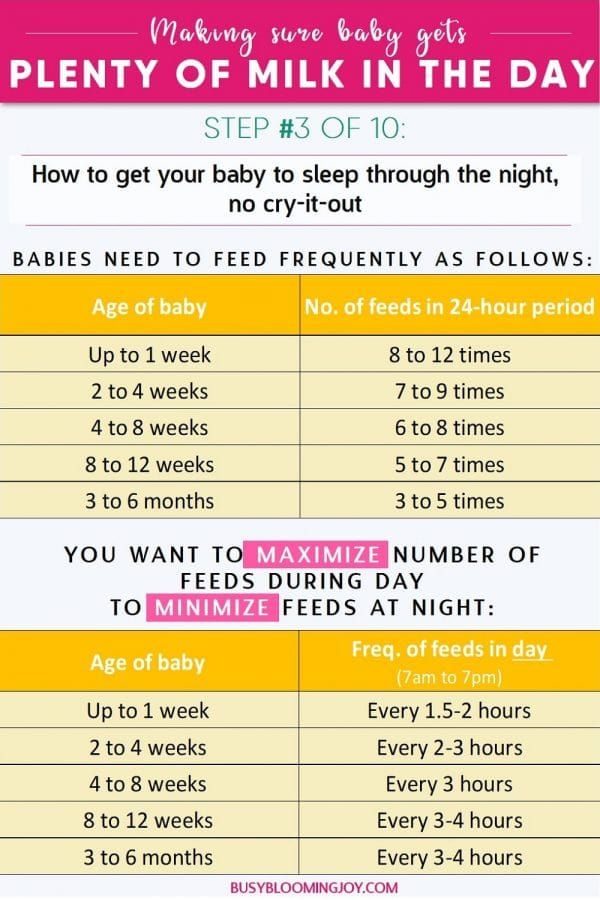 There are no clear rules for feeding. Therefore, it is not customary to restrict kittens in food up to six months (within the set of allowed products, of course). Moreover, if the kitten suffers from a lack of body weight, he needs more. But still, make sure that the cat does not overeat at one time, because. this can quickly plant the pancreas, stretch the stomach and teach to eat in huge portions. In such a situation, it is better to give food in moderate portions, but not 2, but 4-5 times a day.
There are no clear rules for feeding. Therefore, it is not customary to restrict kittens in food up to six months (within the set of allowed products, of course). Moreover, if the kitten suffers from a lack of body weight, he needs more. But still, make sure that the cat does not overeat at one time, because. this can quickly plant the pancreas, stretch the stomach and teach to eat in huge portions. In such a situation, it is better to give food in moderate portions, but not 2, but 4-5 times a day.
A kitten that constantly overeats may have a bloated belly. This condition is not only ugly, but sometimes dangerous. Firstly, the stomach prevents movement, as a result of which the animal will be lethargic and inactive, it will sleep too much. Secondly, stagnation of feces can occur, constipation begins, and even intestinal obstruction occurs.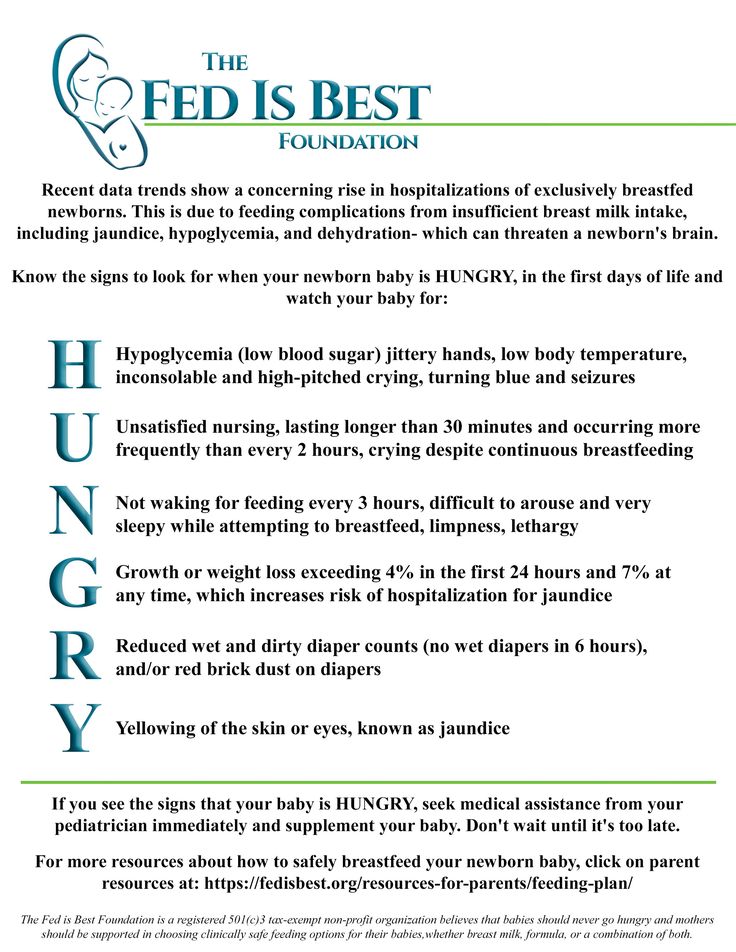 Therefore, it is so important not to buy into the animal's requests for another piece of food, but to strictly control portions and not give too much at a time.
Therefore, it is so important not to buy into the animal's requests for another piece of food, but to strictly control portions and not give too much at a time.
However, a big question arises if the kitten has an increased appetite, he is fed a lot, but still there is a lack of body weight. If your kitten eats and does not get better, if you see obvious thinness (ribs and spine stick out, sunken sides), if along with constant hunger, the character or appearance deteriorates (for example, dull coat, bloated belly), then the condition may be pathological character. The most common reasons are.
Helminths
The first moment that you should pay attention to is worms. How long ago did the kitten get preventive deworming? Often, kittens have a large appetite due to worming. Then the stomach swells, although not necessarily. If a kitten constantly asks for food, the first thing to suspect is worms.
Conscientious breeders perform deworming before giving away a kitten.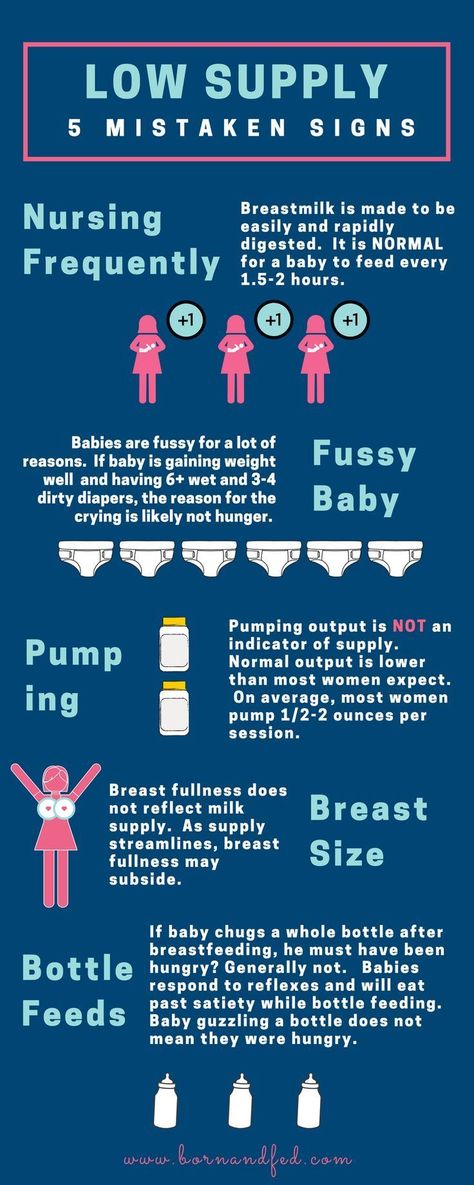 However, they often feel sorry for the baby and therefore give half the dose, as a result of which the helminths first subside, and then raise their heads just about the moment when the animal moves to a new home.
However, they often feel sorry for the baby and therefore give half the dose, as a result of which the helminths first subside, and then raise their heads just about the moment when the animal moves to a new home.
If parasites are the cause of increased appetite, then after prophylactic deworming, the appetite should normalize by itself within a few days.
Join Telegram "Murkotiki"! Get the right advice to keep your pet healthy and happy!
Psychological factor
Sometimes an increased appetite is dictated by the fact that there were many kittens in the cattery or shelter where you took the kitten from, which competed with each other. Then, for several months after the move, the baby will feel an increased appetite for psychological reasons. Such a state should go away on its own if the cat does not feel significant restrictions on food and understands that no one is going to starve him.
Also among the psychological factors that contribute to an increase in appetite is stress: moving, the arrival of a new family member, the departure or death of a family member, even a change in the situation in the house - everything can be the reason.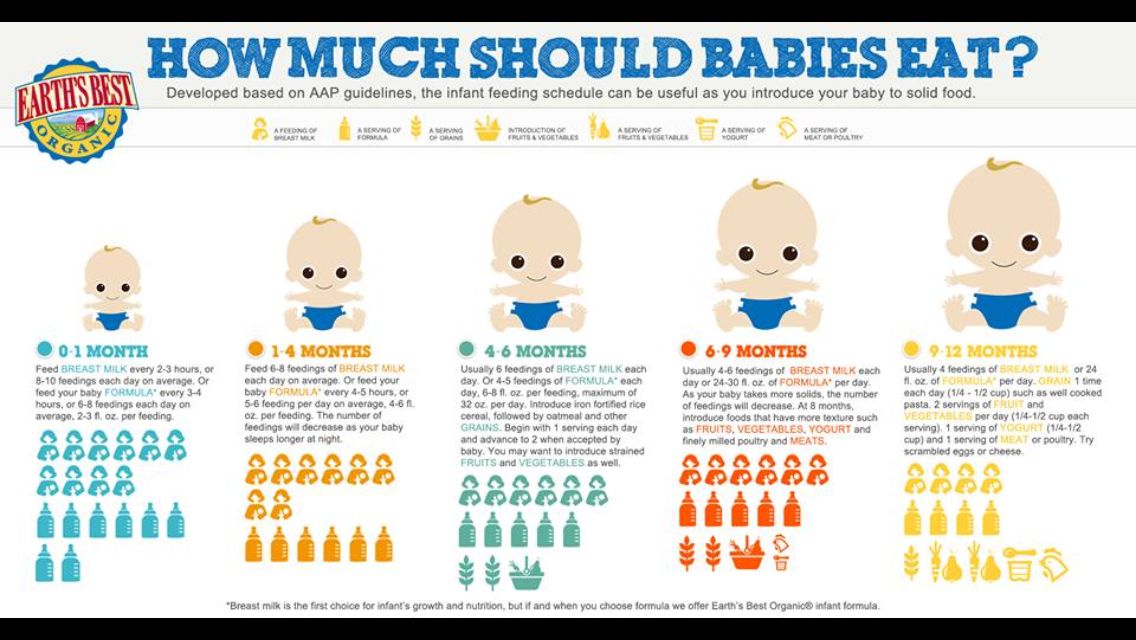
Medications
Some medications, such as hormones and anticonvulsants, have an increased appetite as a side effect.
Diet questions
Another common reason that a kitten is always hungry lies in the wrong diet. For example, if you feed an animal with boiled meat, it does not receive important trace elements. Remember: with a natural diet, meat should be frozen in the freezer for at least 3 days, and then thawed to room temperature and served raw.
In the case of ready-made food, it may happen that the food is simply not suitable for the kitten. If this is an economy-class food from a supermarket, then there are practically no useful trace elements in it, and therefore the animal remains hungry. You can’t treat kittens with economy food: you need to transfer either to expensive food or to natural food.
But it happens that even expensive food is poorly digested as a result of the individual characteristics of the organism, and then the result is the same - a lack of important elements. In this situation, you need to change the food.
In this situation, you need to change the food.
Also, keep in mind that kittens eat natural food (and this is mostly raw meat) much better than dry food, which very quickly slips through the gastrointestinal tract, leaving it empty, as a result of which very soon you want to eat again. That is why drying for most cat lovers is always available. But cats eat meat for a long time, because. much harder to digest. Basically, 2 meals of meat per day is enough to satisfy the animal.
Absorption problems
If the kitten eats a lot and does not gain weight at all, it must be shown to the veterinarian, as there may be problems with the absorption of nutrients (this may again be due to worms, or maybe due to internal pathologies, which is worse). That is, useful substances come with food in the right amount, but the body does not accept them for some reason (the reasons can be a variety of pathologies of internal organs - diabetes mellitus, hyperthyroidism, Cushing's disease, oncology, and other diseases).

